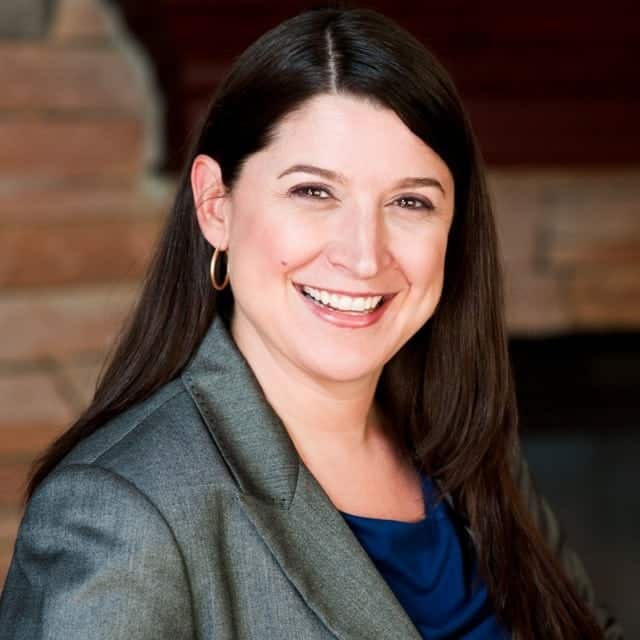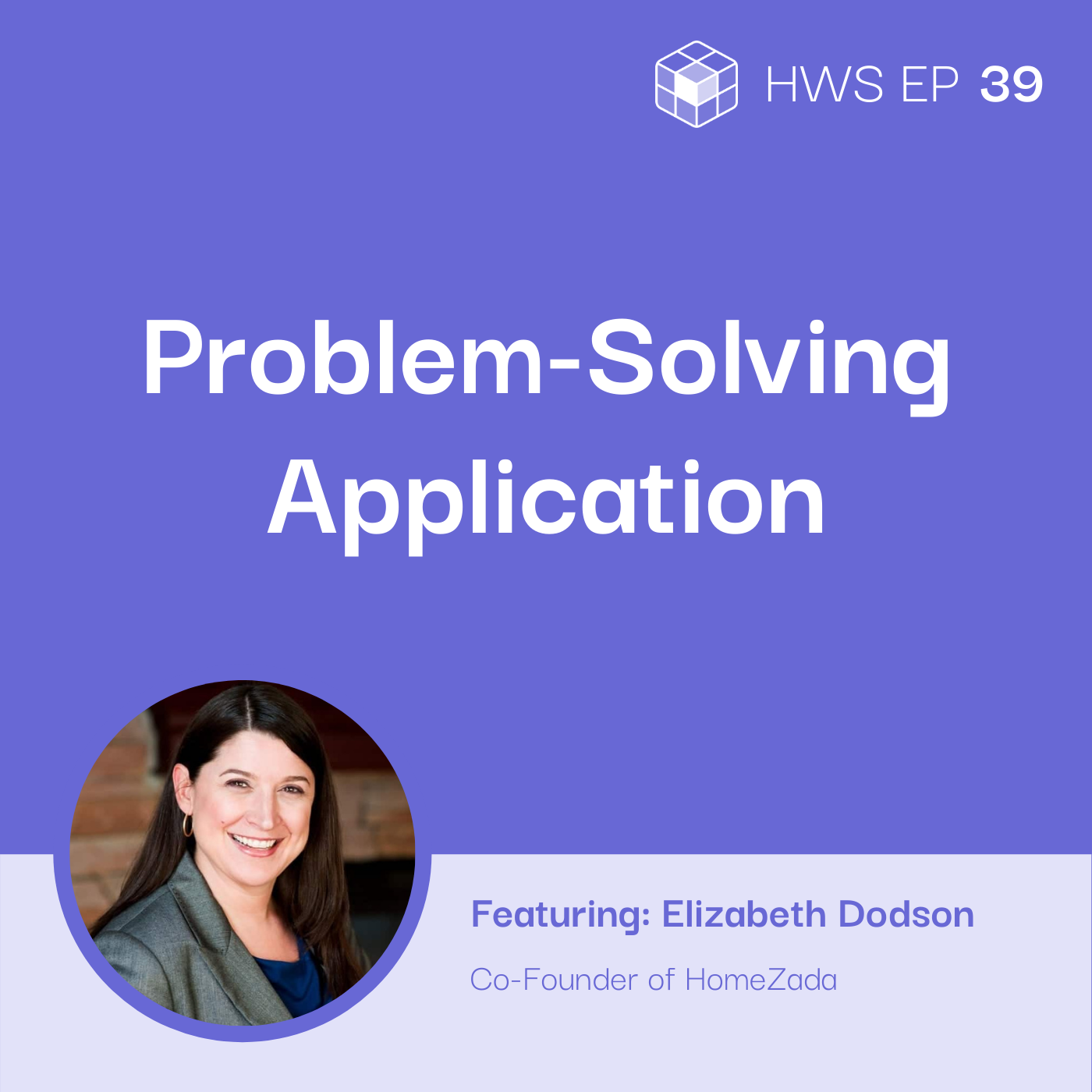Listen on:
Table of Contents:
Problem: How do you make a problem-saving application?
Elizabeth Dodson worked in both the technology and management only to find that the same tools she was using to manage a large space (the Dallas Cowboys stadium) weren’t available on a smaller scale for her own home. She looked everywhere to find a financial management tool she could use in order to help organize her household finances. When she didn’t find it, she decided to partner up with some experts so they could develop their own.
We spend approximately 33% of our annual incomes on our homes.
The steps to creating a successful organizational tool and financial management application
Elizabeth shared the steps that she and her team used in order to make HomeZada a reality.
Step 1: Find your development cofounder
Elizabeth was lucky that she worked with her co-founders in a previous company. Because they knew each other, they were familiar with the problem they were going to address with their new endeavor. They were also familiar with each other and each other’s work ethic.
We had an automatic trust, the automatic trust of skillset.
Step 2: Identify where your weaknesses are
With her cofounders, they realized where they were lacking in terms of building and running their new business. Luckily, they were able to find developers within their old business, but they did eventually need to hire out some of their positions.
Step 3: Build the application
As they built their application, they considered how their team looked (they wanted to hire team members that appealed to their entire target market). They also had their fair share of conflicts about the product, which only helped build a stronger product after the fact.
When you get into the consumer world, you definitely need a user experience and a user design that is phenomenal cause users won’t use it.
Step 4: Test it, internally
During testing, Elizabeth made sure they were cognizant of the types of questions they asked of their users.
Step 5: Roll it out
Elizabeth and her cofounders made sure they rolled out their product to an Alpha group first, before releasing it to the masses, in order to catch any last-minute bugs and to get some last-minute feedback.
Marketing is ever-evolving, especially as a smaller company and a younger company.
Step 6: Constantly make adjustments
Elizabeth is adamant about the fact that development doesn’t end after you release your product, app, or service.
Step 7: Make sure you know who your target market is
We thought that our average user was going to be stay-at-home moms […] but what we found is that our actual user is someone who is looking to be really efficient with their time, who understands technology, who can embrace it, who also cares for their house and understands that, “You know what? I need to manage all this information or I could devalue my house or run into problems with dollars and cents.”
A book on startups which Elizabeth suggests:
The Lean Startup: How Today’s Entrepreneurs Use Continuous Innovation to Create Radically Successful Businesses – by Eric Ries
This interview is part of the How We Solve podcast. To hear more from industry experts who are solving everyday business problems, check us out on Spotify, Apple Podcasts, and on our website.
About the guest

Elizabeth Dodson
Elizabeth is a technology entrepreneur with successful skills in business development, sales, marketing, and finance. She has over 20 years of successful management of revenue-producing partners.
How people can people reach Elizabeth:
Website: HomeZada
Email: info@homezada.com
LinkedIn: Elizabeth Dodson
Instagram: @edodson2
Twitter: @frankiezada
Listen on:
